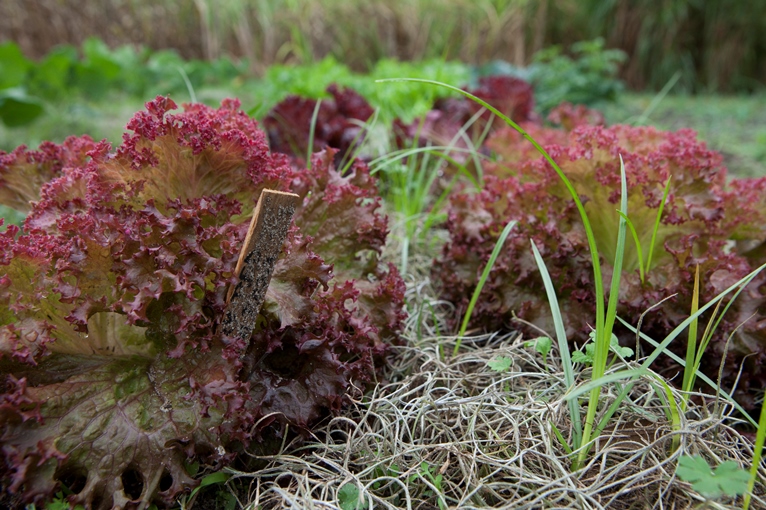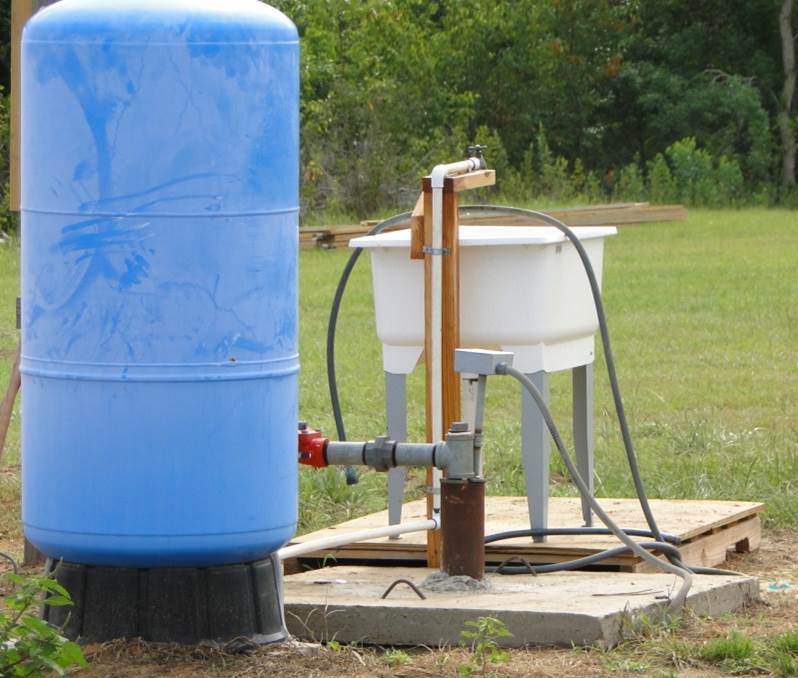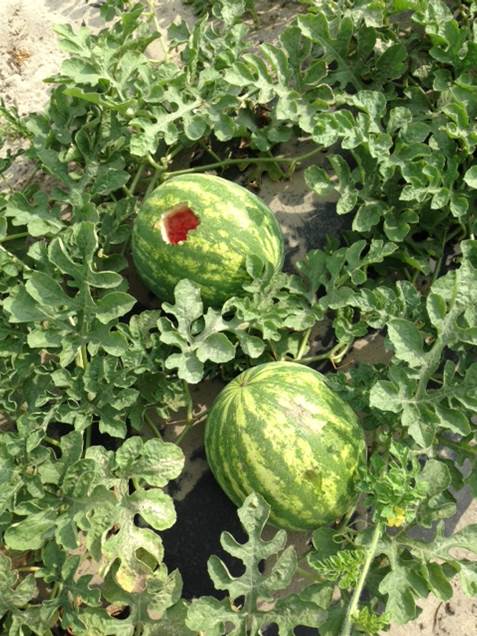The Food Safety Modernization Act (FSMA) passed in 2010 is the first major overhaul of the food safety requirements since the 1930’s. Based on this law, the US Food and Drug Administration (FDA) developed new food safety rules. The Produce Safety Rule regulates farms and the Preventative Controls Rule regulates food processing facilities. The Final FSMA rules went into effect on January 26, 2016, however non-exempt farms and processing facilities will have at least two years to become compliant.
Is your farm exempt from FSMA?
 Your farm is exempt from FSMA if any of these apply to you:
Your farm is exempt from FSMA if any of these apply to you:
- You only grow for personal or on-farm consumption.
- If you sell less than $25,000 of gross sales per year of produce, averaged over the last three years.
- You grow crops that are “not usually consumed raw” – See box below for the list of crops, taken directly from the FSMA rule. The microbiological “kill” step typical in their preparation minimizes risk of microbiological contamination.
| Crops not usually consumed raw: Asparagus; beans, black; beans, great Northern; beans, kidney; beans, lima; beans, navy; beans, pinto; beets, garden (roots and tops); beets, sugar; cashews; cherries, sour; chickpeas; cocoa beans; coffee beans; collards; corn, sweet; cranberries; dates; dill (seeds and weed); eggplants; figs; ginger; hazelnuts; horseradish; lentils; okra; peanuts; pecans; peppermint; potatoes; pumpkins; squash, winter; sweet potatoes; and water chestnuts. |
Source: Federal Register Subpart A. General Provisions. 112.2 (a) (1)
Does your Farm Meet the Requirements to be “Qualified Exempt” under FSMA?
The FSMA rule included one other exemption, also known as the “Tester-Hagan” amendment, for farms that meet these two requirements:
 1) Farms are Qualified Exempt if they sell between $25,000 and $500,000 on gross food sales and
1) Farms are Qualified Exempt if they sell between $25,000 and $500,000 on gross food sales and
2) Farms are Qualified Exempt if they sell more than 50% of their total produce to “qualified end users”, or direct to consumer. The Rule defines a qualified end user as: “either (a) the consumer of the food or (b) a restaurant or retail food establishment that is located in the same state or the same Indian reservation as the farm and(c) produce is not sold more than 275 miles away from the farm.”
If your farm is considered “qualified exempt” you are subject to some but not all provisions of the Rule. These provisions include a) record keeping to demonstrate that your farm is indeed qualified exempt and b) labeling to help trace your produce from the market back to the farm. More on these provisions in a follow up blog.
If your farm is not considered “qualified exempt,” your farm will be subject to the full requirements of the rule FSMA will require produce growers to follow science-based minimum standards for the safe growing, harvesting, packing, and holding of fruits and vegetables grown for human consumption.
Food Safety Certifications
 Many buyers such as national or regional retail chains, restaurants or institutional organizations that require growers to undergo a third-party audit from a specific company in order to do business with them regardless of the fact the grower is exempt or not from FSMA. If you are planning to sell produce through channels other than direct marketing, it is important that you find out if you need to have a food safety certification and what type of audit will be required to get that certification. Note that all audits are conducted while you are growing and packing produce. In order to successfully implement a food safety plan and pass an audit, it is important that you start this process as soon as possible and implement permanent changes in your operation. Third-party audits focus on field practices, harvest crews and packinghouses.
Many buyers such as national or regional retail chains, restaurants or institutional organizations that require growers to undergo a third-party audit from a specific company in order to do business with them regardless of the fact the grower is exempt or not from FSMA. If you are planning to sell produce through channels other than direct marketing, it is important that you find out if you need to have a food safety certification and what type of audit will be required to get that certification. Note that all audits are conducted while you are growing and packing produce. In order to successfully implement a food safety plan and pass an audit, it is important that you start this process as soon as possible and implement permanent changes in your operation. Third-party audits focus on field practices, harvest crews and packinghouses.
There are various types of food safety audits, and also different third party certification companies.
For a list of third party auditors see:
https://onfarmfoodsafety.org/how-to-get-food-safety-certified/#auditors
Resources:
The UF/IFAS Small Farms and Alternative Enterprises Extension Program
The program continually offers farm food safety trainings across the state, including assisting you to create your own farm’s food safety plan. Check out our calendar of events and trainings here:
http://smallfarms.ifas.ufl.edu/events_calendar.html, and food safety educational content here:
http://smallfarms.ifas.ufl.edu/food_safety/index.html
The Food Safety Modernization Act Final Rule
The up-to-date legislative language is found on e-CFR, or the Electronic Code of Federal Regulation and the guidance of the act is located here: http://www.fda.gov/Food/GuidanceRegulation/FSMA/ucm334114.htm
National Sustainable Agriculture Coalition (NSAC) Am I Exempt Flowchart
See a great flowchart to help you find out if your farm is affected by FSMA, developed by the NASC.
http://sustainableagriculture.net/wp-content/uploads/2016/02/2016_2-FSMA-Final-Rule-Flowchart-V3.pdf. More detailed information for the Exemption and “Qualified Exempt” farms from NSAC: http://sustainableagriculture.net/blog/produce-rule-analysis-part-1/
UF/IFAS Food Safety on the Farm Series
Good Agricultural Practices: http://edis.ifas.ufl.edu/topic_series_food_safety_on_the_farm
The On-Farm Food Safety Project
Guidance information and an online tool for you to develop your food safety plan.
https://onfarmfoodsafety.org/how-to-get-food-safety-certified/
Other Publications on the Topic
Food Safety Begins on the Farm – A Grower Self-Assessment of Food Safety Risks. A. Rangarajan, E.A. Bihn, M.P. Pritts, and R.B. Gravani. 2003
Wholesale Success – A Farmer’s Guide to Food Safety, Selling, Postharvest Handling and Packing Produce. Slama, Jim & Diffley, Atina. 2013. Fourth Edition. https://Familyfarmed.org
Cornell University’s National Good Agricultural Practices Program
A list of more publications: http://www.gaps.cornell.edu/educationalmaterials.html
 0
0
